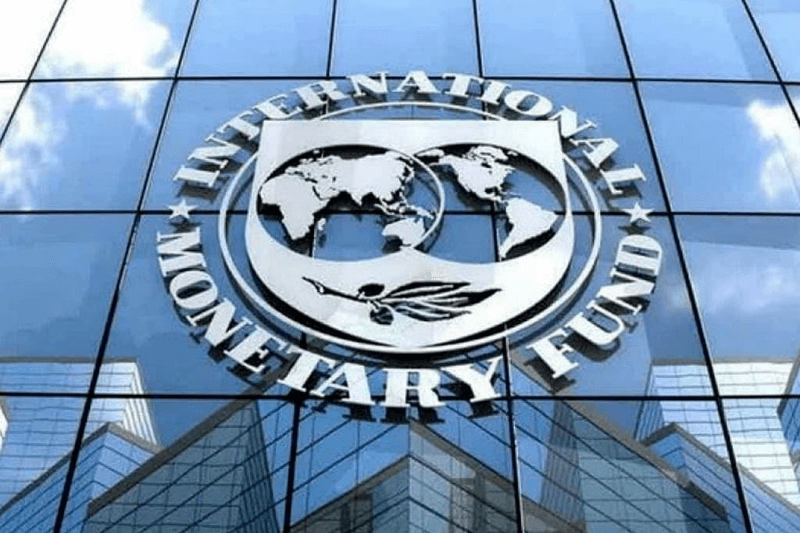
federal-budget-2024-25-securing-imf-bailout-becomes-top-priority
The government in Pakistan showed the country’s budget plan for next year today. The main goal is to get a new loan deal with the International Monetary Fund (IMF). Finance Minister Muhammad Aurangzeb presented the budget in the National Assembly at 4 pm.
The plan is for Parliament members to discuss the budget from June 20 to June 24. They will vote on changes on June 26 and 27. The budget is expected to be approved on June 28.
Last Year’s Targets Not Met
Yesterday, the government released the Pakistan Economic Survey report for last year. The report showed that the economy did not meet most of its targets from the previous budget because of difficult conditions. However, the agriculture sector did very well.
More Money for Development Projects
On Monday, the National Economic Council, which includes the Prime Minister and other top leaders, approved spending Rs3.792 trillion on development projects across the country. This is a big increase of more than 47% compared to the previous year.
IMF Wants Tough Steps
Last week, reports said the finance ministry and the IMF were having last-minute talks before the budget. The IMF wants Pakistan to take some tough steps, like increasing taxes, removing subsidies (money support) for some items, taxing the agriculture sector, increasing taxes on power, gas and oil, privatizing (selling) some government organizations, and improving administration.
Economist Warns of Challenges
Economist Sakib Sherani said the budget will follow what the IMF wants, but warned, “The real problem will be sticking to strict financial discipline and controlling populist measures.”
Cutting Government Expenses
Before the budget, Prime Minister Shehbaz Sharif had a meeting about reducing government expenses. A committee suggested closing some state-owned companies, merging (combining) others, and giving some to the provinces. They also said to remove all vacant government jobs that have been empty for over a year, and stop unnecessary travel by officials while using video calls instead.
Agriculture Helped Growth
According to the Economic Survey report, strong growth of 6.25% in the agriculture sector, the highest in 19 years, helped Pakistan’s overall economic growth reach 2.38% last year. This was a recovery from a 0.21% contraction the previous year.
The report said the government controlled its spending, with a budget deficit of 3.7% of GDP and a primary surplus of 1.5% of GDP. Total revenues grew by 41%, thanks to non-tax revenues and better tax collection. The State Bank kept a tight monetary policy with a 22% interest rate, which helped bring inflation down to 26% from 28.2% the year before.
Ongoing Challenges
However, the report noted some ongoing challenges, like a decrease in investment compared to GDP, slow growth in large-scale manufacturing, and high public debt. It also revealed that cash-strapped Pakistan gave the highest-ever increase of 73.24% in tax exemptions and concessions compared to the previous year, reaching a record Rs3.879 trillion.
“No Sacred Cows” for Taxes
During the budget presentation, Finance Minister Aurangzeb hinted that through this budget, “no sacred cow” will escape paying due taxes. He said he is confident that with the IMF’s support, the next year will start on a stronger note.
The minister said the focus will be on reforming the tax system, energy sector, and state-owned companies, stating that there are no strategic state-owned companies.



